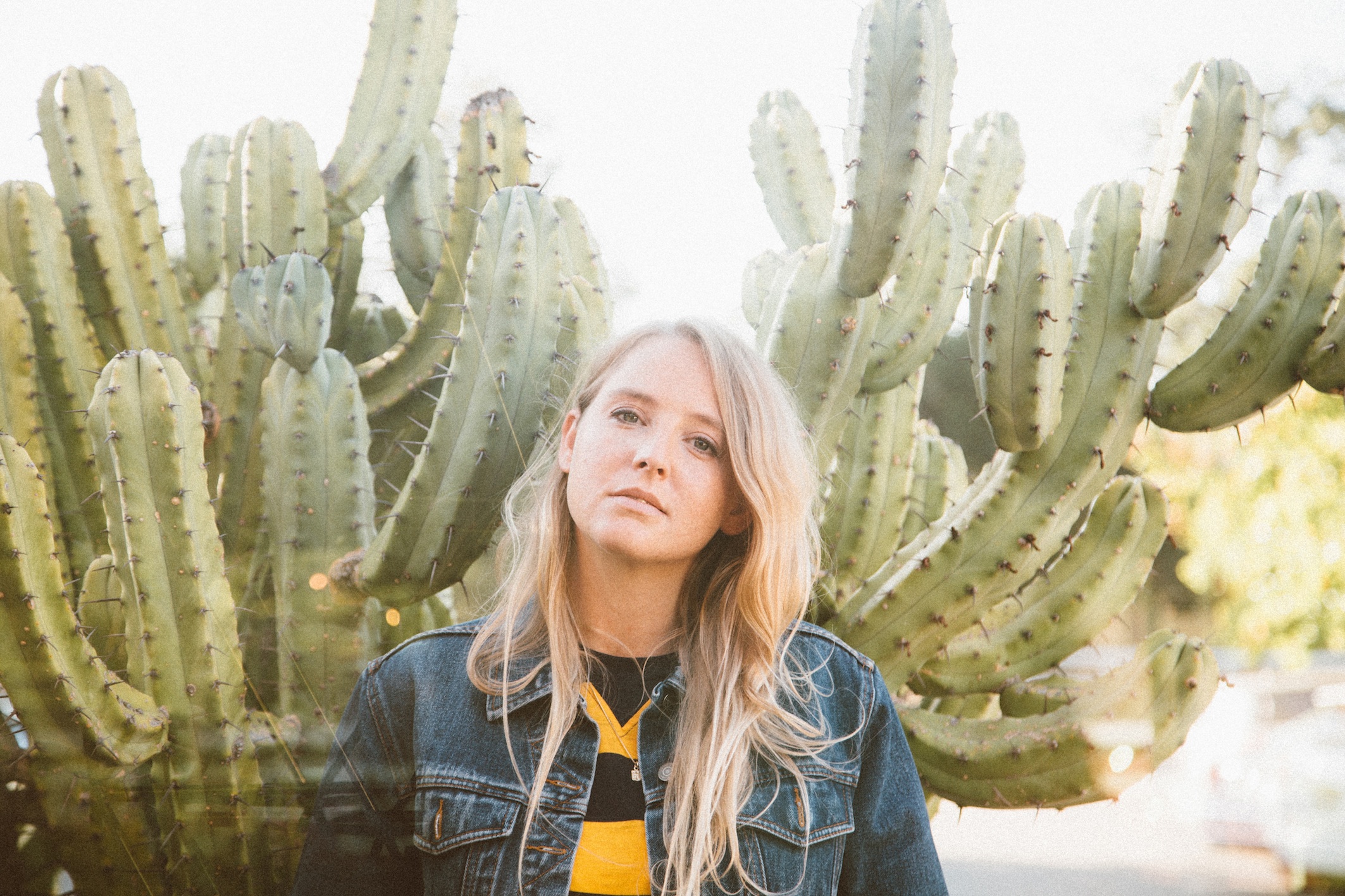Ultimately this is a decent effort, wearing a number of flaws on its sleeves. It’s an album whose pop landscape is broken up by howls of anguish, discordant laments and, ironically, trying too hard to be things other than itself. As well as disrupting its own coherence, there are other missteps. Not enough is made of the potential to work some light and shade with Lissie’s lovely voice (as in the harmonising on “I want my 40 acres in the Sun” on ‘Hero’). The title track ends up being something of a dated attempt to ape Lady Gaga. Feminist anthem ‘Daughters’ is unfortunately undermined by hair-rock stylings, and lead single ‘Don’t You Give Up On Me’ seems to be missing a slew of lyrics, replaced by momentum-sapping, wordless emoting that adds little. Over all, however, there’s enough power and conviction in Lissie’s voice, and enough hook in the songs for this to be an enjoyable listen.
For ‘My Wild West’ does, as you would expect, deliver some quality material and moments. ‘Hollywood’ manages to take a cliched idea and deliver a credible ballad against it, especially in its final note of defiance (“But Oh Hollywood/Ya Don’t Own Me”). As well as the aforementioned harmony, ‘Hero’ has a delightful melody in the verse and some lovely lyrical touches. ‘Don’t You Give Up On Me’ deserves its radio rotation, dripping late summer, seaside sweetness, “I left you on the coast/For somethin’ only I can see”. ‘Go For A Walk’ achieves through the uncomplicated sentiment of its lyrics and the guitars that delicately trill under the surface.
If you buy the PR that comes with the album, and this is one occasion on which I feel inclined to do so, the above problems are perhaps inevitable, and need to be understood, valued. This album, Lissie’s third following 2010’s ‘Catching A Tiger’ and 2013’s ‘Back To Forever’, is her break-up album with California. Despite optimism and grand schemes, she’s heading back to the midwest feeling battered but better-off.
Given this scenario, it’s hardly surprising that there is trauma to be communicated, making its presence felt in words, vocals, music. And in understanding this, it’s worth admitting that although Lissie’s output is most readily described as pop, it has a nuanced heart, bearing the marks of folk, rock, indie. The pop part of her might be trying to tell us how she feels through neater, smoother means, albeit with all the bittersweetness that involves. But there are other facets of her make-up that want to express the reality, the truth, and they break through from time to time. While that might mean that a song so prettily sad as ‘Ojai’ is damaged at the end, as Lissie’s vocal tries to do too much, it’s to be accepted and appreciated. I think she needed that outburst. I think she allowed the disharmony, perhaps because anything more polished would have been a half-truth of what she had been through. It might mean that I love the album less, but I believe her and the disappointments she has been through.
Having put all of this down, having lived and written about this experience, this might be one of those albums that had to be made in order to move on, to be freed. So let’s not stop here; let’s see what comes next.















No Comment